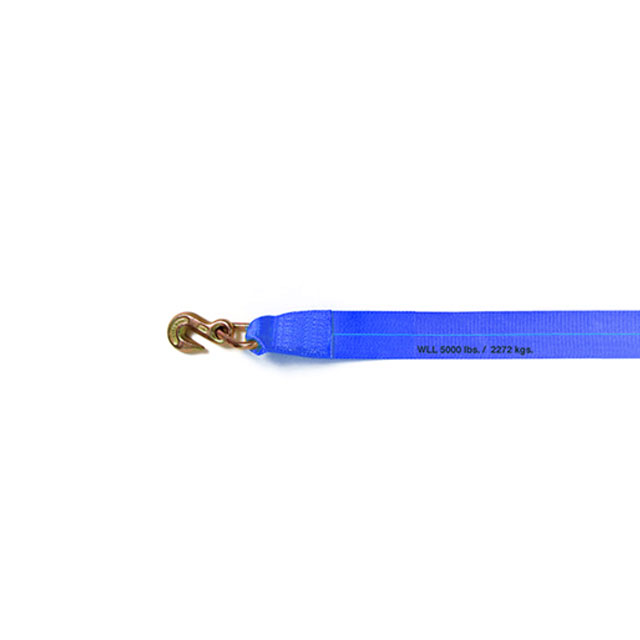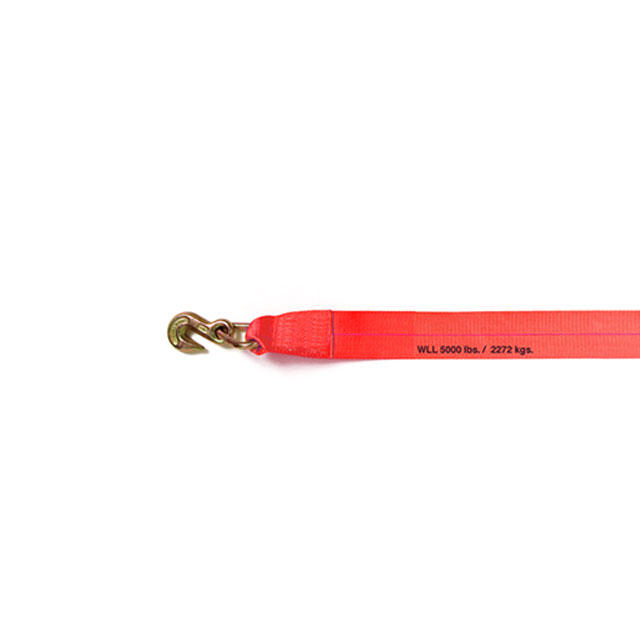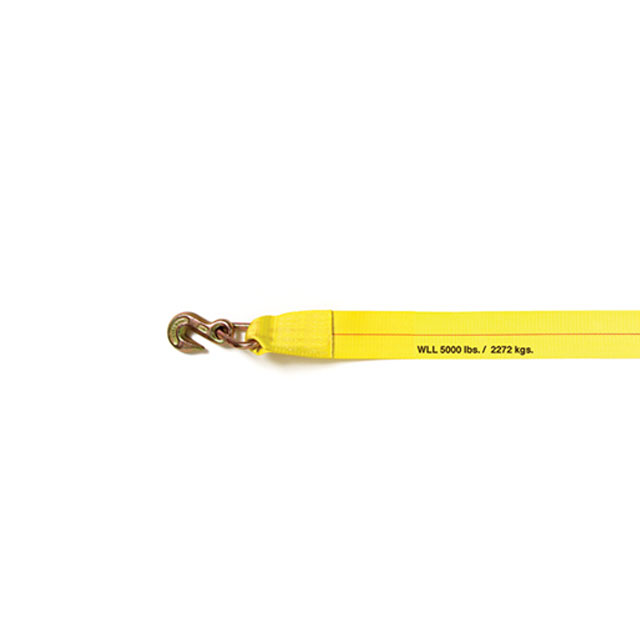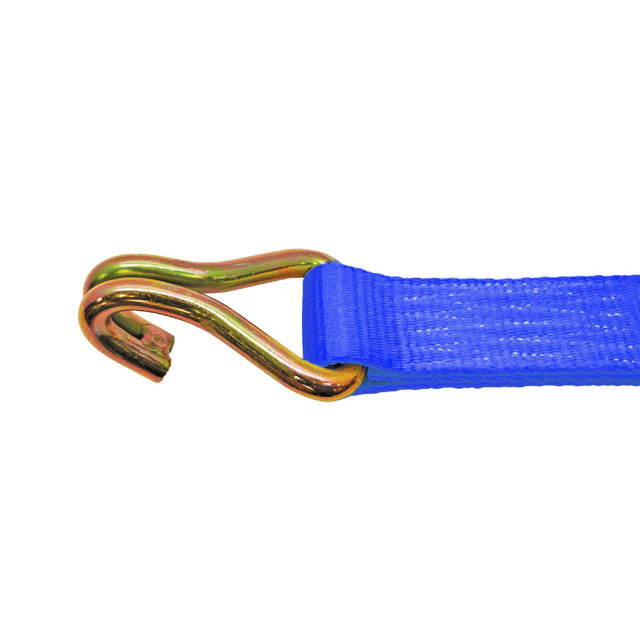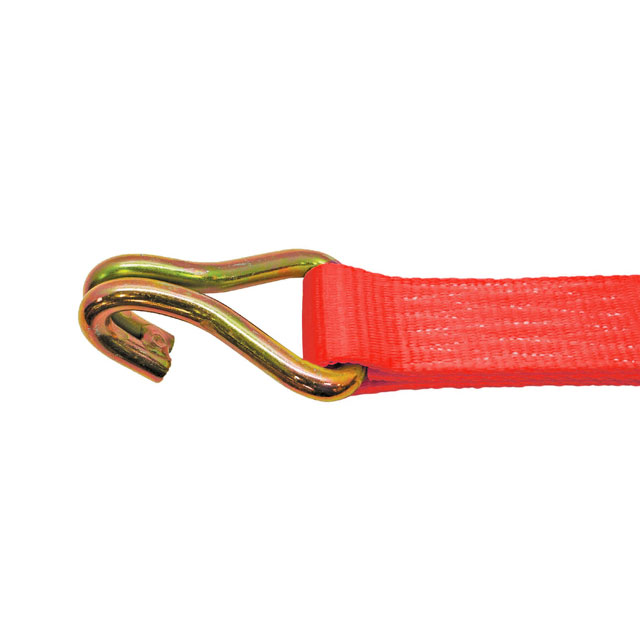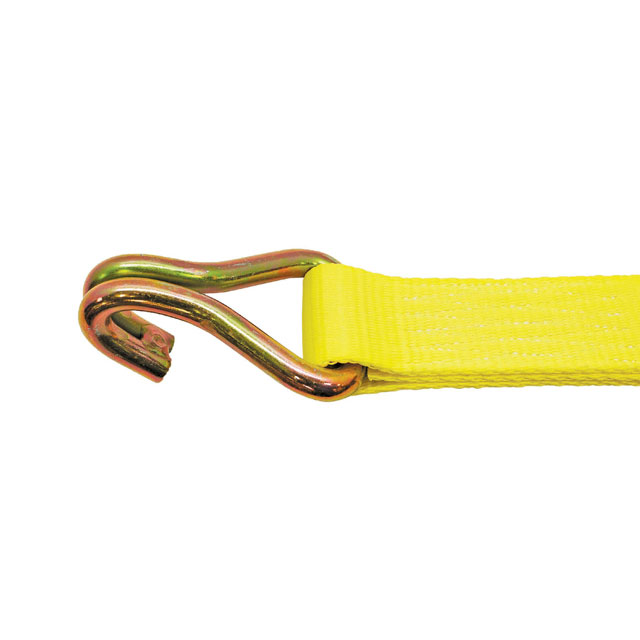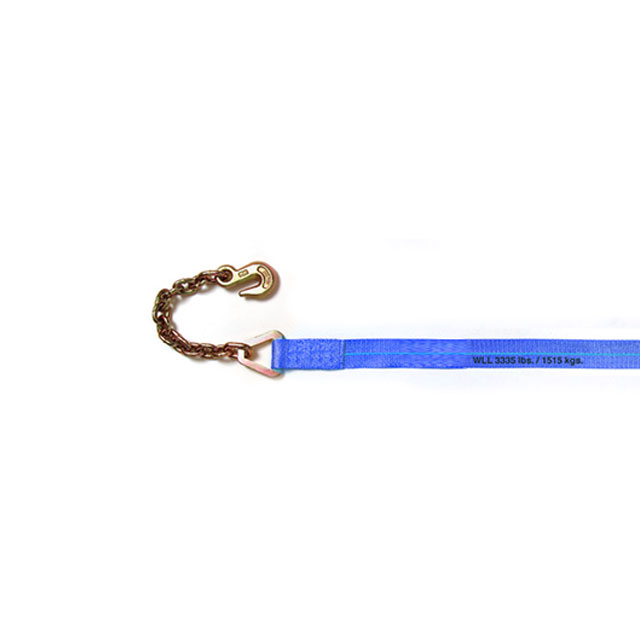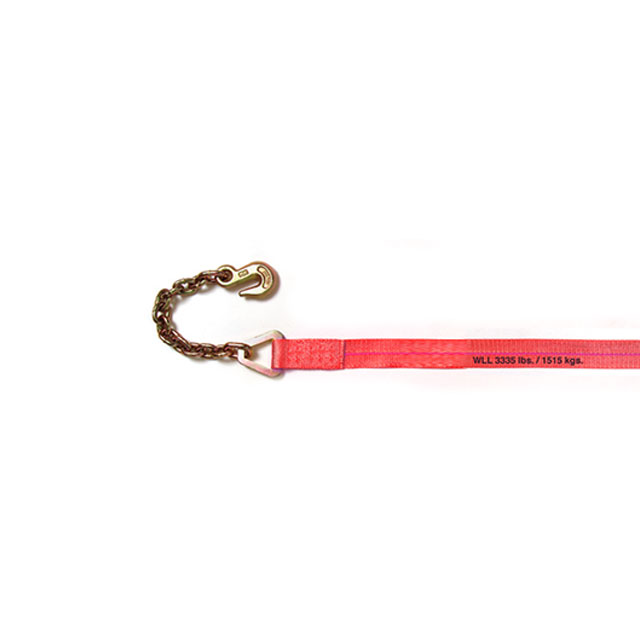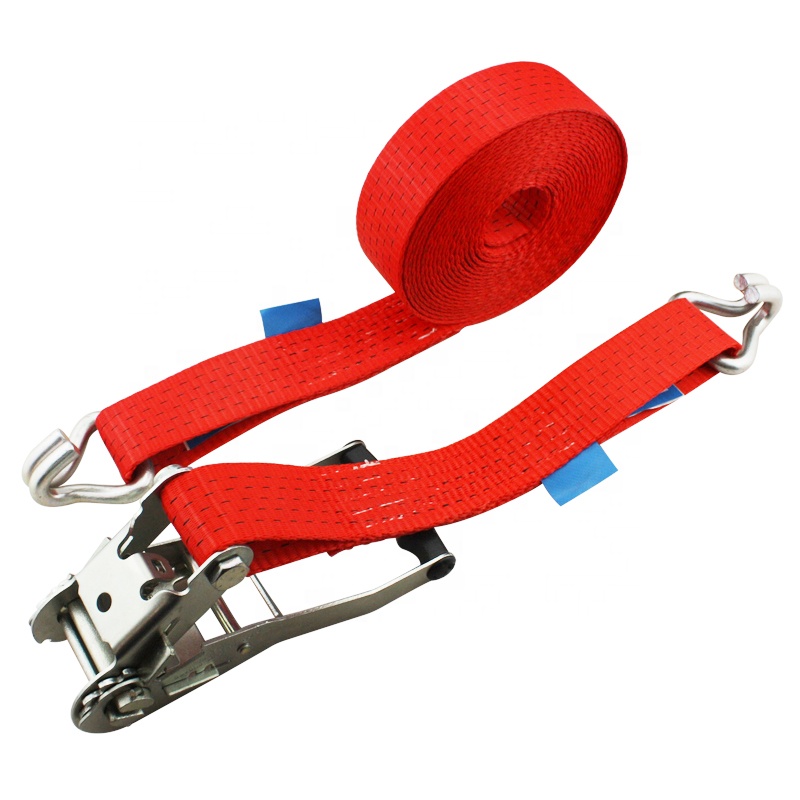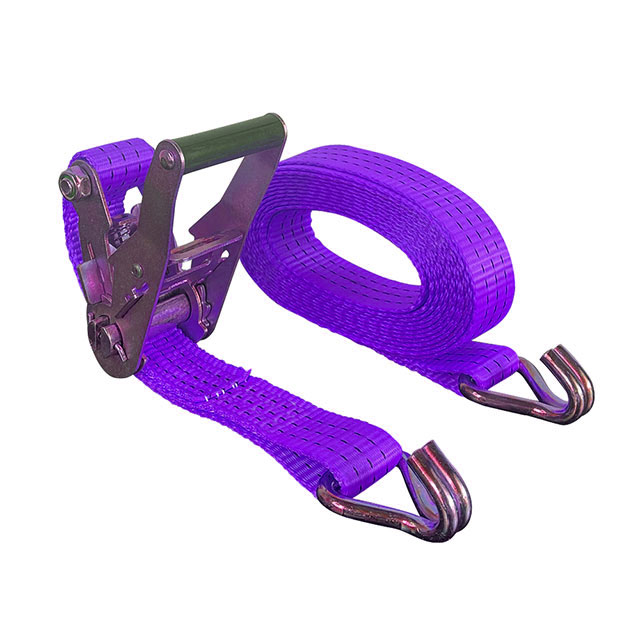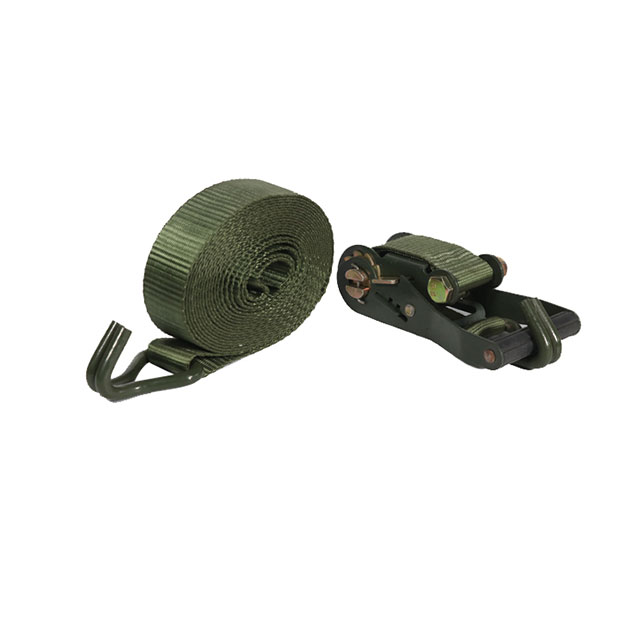Simple Guide To Logistic Ratchet Strap
Simple Guide To Logistic Ratchet Strap
In this guide, we'll walk you through everything you need to know about logistic ratchet straps, including how to choose the right one for your needs and how to properly use it. By the end, you'll be an expert on all things ratchet straps!
A ratchet strap, also known as a lashing strap or cargo strap, is a type of tie down used to secure heavy loads. Ratchet straps are made of webbing with a ratchet mechanism built in. One end of the webbing is attached to the load, and the other end is threaded through the ratchet. The ratchet is then tightened, pulling the webbing tight and securing the load.
There are many different types of Logistic ratchet straps on the market, each designed for a specific type of load. The most common type of ratchet strap is the 2-inch strap, which is typically used for securing smaller loads. For larger loads, 4-inch and 6-inch straps are available.
When choosing a Logistic ratchet strap, it's important to select one that's rated for the weight of your load. Most straps are rated for between 1,000 and 5,000 pounds. It's also important to choose a strap that's long enough to reach around your entire load. If you're not sure what size or type of strap you need, your local hardware store or trucking company can help you out.
A ratchet strap is a device used for tightening or loosening a load. It consists of a strap with a ratchet mechanism at one end and a hook or other attachment device at the other. The strap is wound around the load and the ratchet is used to tension the strap. The load can then be secured by attaching the hook to another object.
Logistic Ratchet straps are often used in lieu of rope or chain to secure loads on trailers, trucks, or other vehicles. They are also used to secure cargo in storage containers and to secure objects for lifting.
How to choose the Logistic Ratchet Strap that suits you
It's not hard to find a good logistic ratchet strap. But it can be hard to find the best one for you. Here are some things to consider when choosing a ratchet strap.
- How much weight will the strap need to hold?
- What is the size and shape of the load?
- How long will the strap need to be?
- What is the budget for the strap?
- What other features are important?
With these factors in mind, it's time to start shopping around for a ratchet strap. Check out different brands and compare prices. Read reviews from other customers. And make sure to get a warranty or guarantee from the manufacturer.
In this blog, we will be discussing about how to choose the Logistic Ratchet Strap that suits your needs. There are different types of ratchet straps available in the market and each type has its own set of features. So, it is important to choose the right type of ratchet strap according to your need.
If you are looking for a ratchet strap that is strong and durable, then you should go for the Polyester Ratchet Strap. This type of ratchet strap is made from high quality polyester material, which makes it strong and durable. It also comes with a zinc-plated steel buckle, which makes it more resistant to rust and corrosion.
If you are looking for a ratchet strap that is light in weight, then you should go for the Nylon Ratchet Strap. This type of ratchet strap is made from high quality nylon material, which makes it light in weight. It also comes with a galvanized steel buckle, which makes it more resistant to rust and corrosion.
How a ratchet strap works
A ratchet strap is an incredibly useful piece of equipment used to secure, fasten, or attach different types of cargo. Ratchet straps are easy to use and adjustable depending on the needs of whatever you are securing. The ratchet has a ratcheting mechanism with a handle connected. To use the ratchet strap you loop the end through one side and then ratchet it tight with the handle.
When ratcheting the handle pulls down which in turn helps pull the free end through a portion at a time until it’s tight. This process can be repeated until your desired tension is reached, while other types of straps require two or more people to pull them tight. Ratchet straps are great for strapping down heavier loads since they provide superior tension strength and reliability without asking for much effort.
About China ratchet straps Manufacturer
China ratchet straps Manufacturer is an experienced and reliable company that manufactures high quality ratchet straps for a variety of industries and uses. We produces ratchet straps that are designed to secure cargo with maximum safety and efficiency. With years of experience in the industry, the company has gained a reputation for producing durable and dependable straps that are perfect for securing a variety of items.
We are is a leading manufacturer and exporter of Lifting sling, Webbing Sling, Endless Sling , Recovery/Tow straps, Ratchet strap,Ratchet tie down strap Winch strap & Cargo control products in China. Our products fully meet the European EN 1492-1, EN 1492-2, EN12195-2, EN 354, EN 355, EN 361 standards, the ministry JB/T8521 standards, Aus1353.1, AUS4497.1 standards and the United States ASMEB 30.9 standards.
At the same time the product obtained from the TUV (Rhein) company CE and GS certification. The quality of the products is absolutely guaranteed. The advantage of ENCHAIN is one-step service for product quality ,price, after-sales service and timely delivery time. The principle of ENCHAIN : QUALITY IS OUR CULTURE! we want to cooperate with customers around the world and get goal of win-win, common development and creating a future.
If you are looking for China ratchet straps Manufacturer, please contact us directly.









